The School of Business at Karazin University continues the implementation of the project "Development of Digital Learning Modules for Members of Public Organizations in the Social and Healthcare Sectors
%20(1)%20(1).jpg)
New educational modules have been developed as a part of the project "Development of Digital Learning Modules for Members of Public Organizations in the Social and Healthcare Sectors." It was supported by the project "Strengthening Resources for Sustainable Development of Host Communities in Eastern Ukraine" carried out by the German Society for International Cooperation on behalf of the Government of the Federal Republic of Germany, the educational and research institute "Karazin School of Business".
- The module "Sources of Funding for Public Organizations" highlights some aspects of interaction with donors, and communication policies for public organizations in both offline and online formats. Special attention is given to fundraising activities, their planning, fundraising tools, and methods.
- Within the module, advice is offered on utilizing crowdfunding platforms, showcasing successful practices, and unveiling fundraising success secrets. Participants are introduced to the most effective fundraising strategies and provided with tips on grant proposal writing and project management elements.
- We invite everyone interested to explore the developed series of short animated videos:
- "Starting Fundraising for Public Organizations" (how a public organization working in the social or healthcare sector can implement grant activities)
- "Grant Activities: Types of Sponsorship and Access to Funding" (opportunities provided by sponsors, philanthropists, local funding programs, and other sources of financing for initiatives and projects of public organizations)
- "Crowdfunding and "Commercial" Activities of NGOs" (how a public organization in the social or healthcare sector can initiate fundraising activities)
The specialized module "Fundamentals of Public Health" addresses tactical medicine issues: goals, target audience, organization process of tactical medicine training (required resources, whom to approach); emergency kits and identifiers for children; how NGOs can collaborate with medical institutions to aid war victims.
In this module, one can learn about distinctions between mental and psychological health, medical-psychological assistance centers in Ukraine, conducting psychological support training and providing assistance to military personnel after concussions (establishing support groups, collaborating with medical assistance centers). Additionally, the module examines healthcare for the population and risk management specifics in public health. After all, health is paramount and requires continuous care.
Animated videos on this topic:
The sectoral module "Fundamentals of Social Services" comprises three components: "What Are Social Services," "Organizations and Provision of Social Services in the Community," and "Interaction among Various Entities Providing Social Services in the Community." Each component is based on current legislation norms and practical aspects of their application in the work of all social service providers, including non-governmental ones.
The module also offers practical advice for non-governmental sector organizations regarding their place in the system of providing social services in the community, participation in developing the social services market, mechanisms for entering data into the Registry of Providers and Recipients of Social Services, and more.
Animated videos developed within this module:
- "What Are Social Services?" (definition, goals, types of social services, organization and management of their provision)
- "Organization and Provision of Social Services in the Community" (principles of providing social services, various models, practical tools, case management as a service delivery technology)
- "Interaction among Various Entities Providing Social Services in the Community" (how non-governmental organizations are engaged in providing social services in the community, successful practices of providing social services by non-governmental organizations)



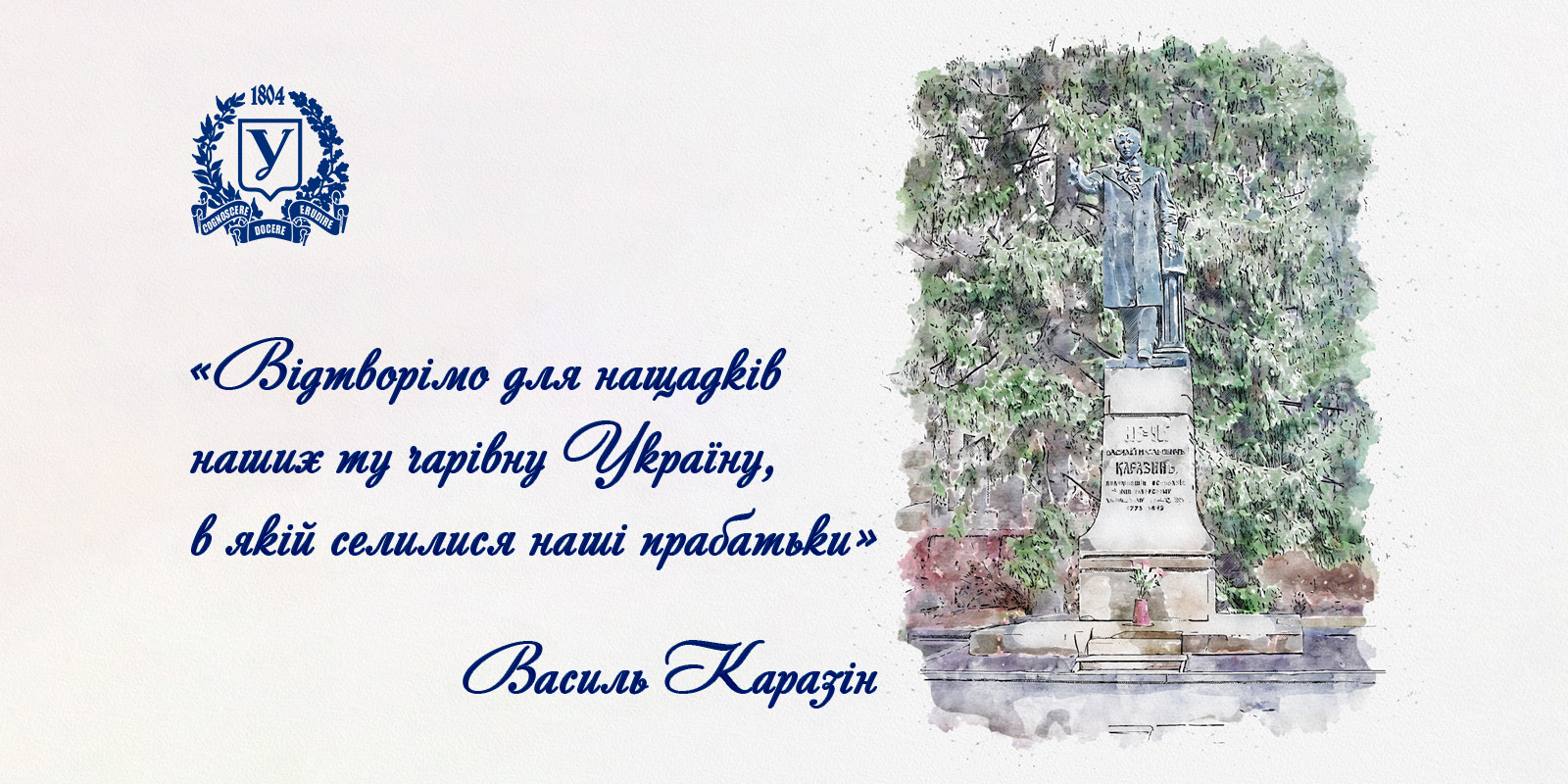
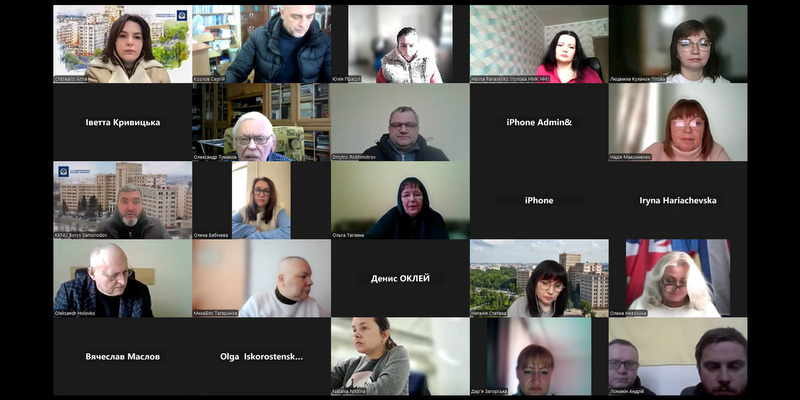
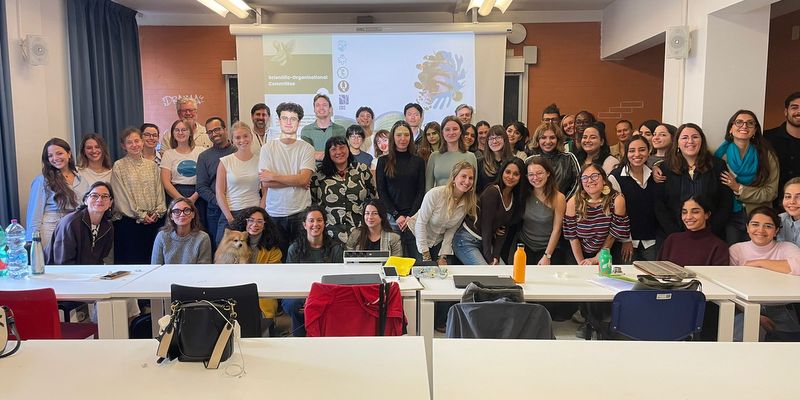
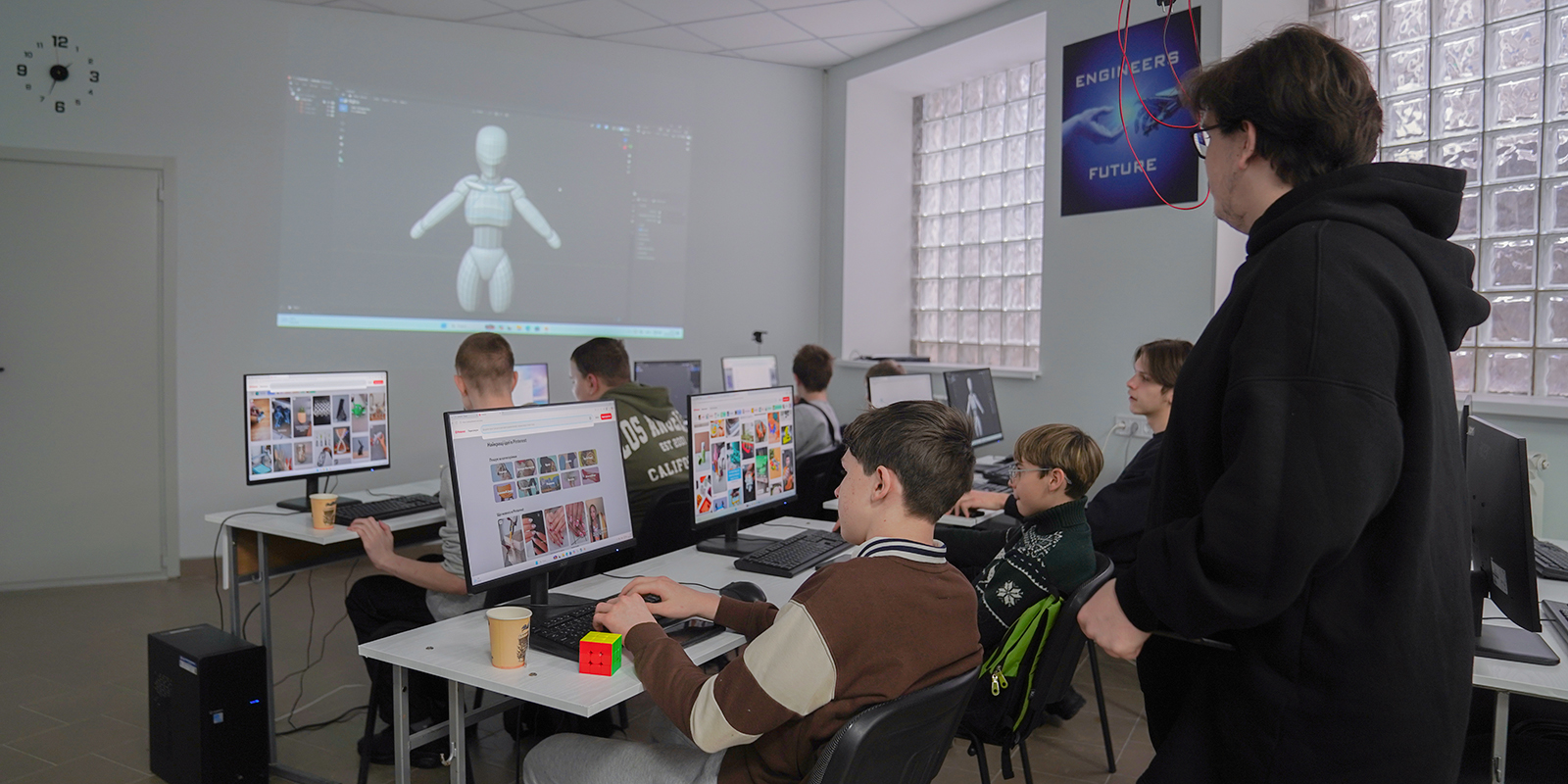
.jpg)
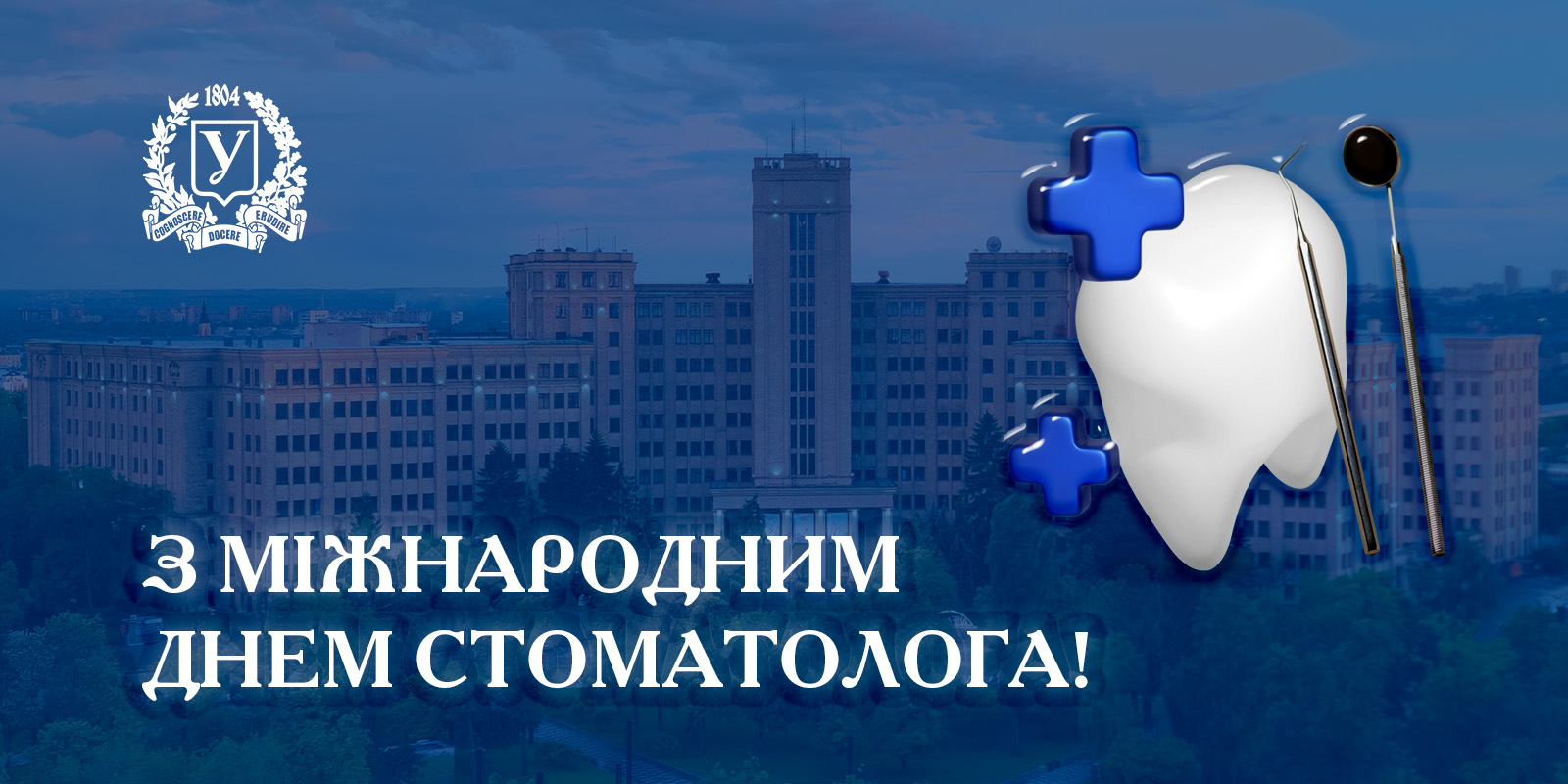
%20(1).jpg)

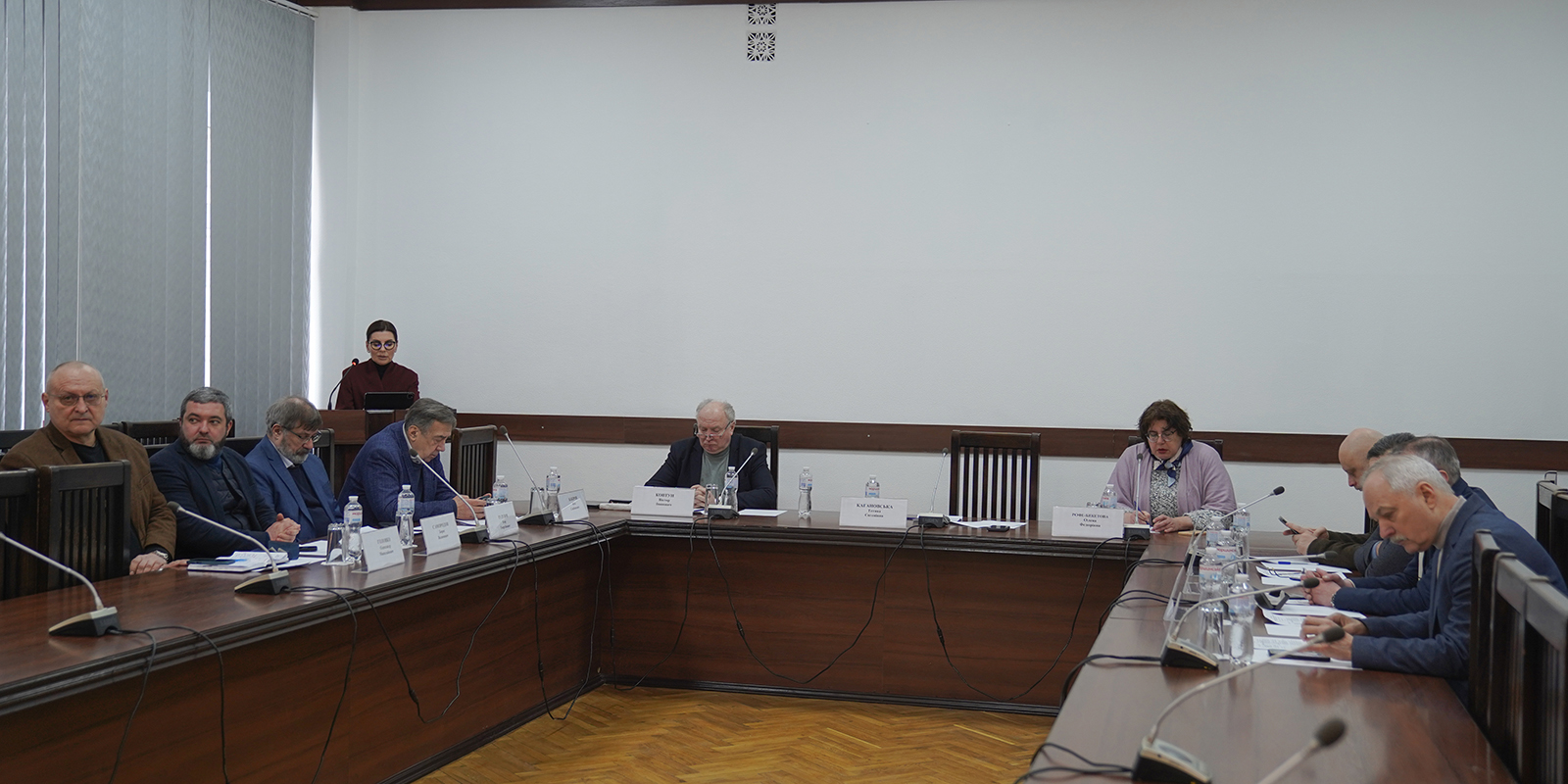
%20(1).png)